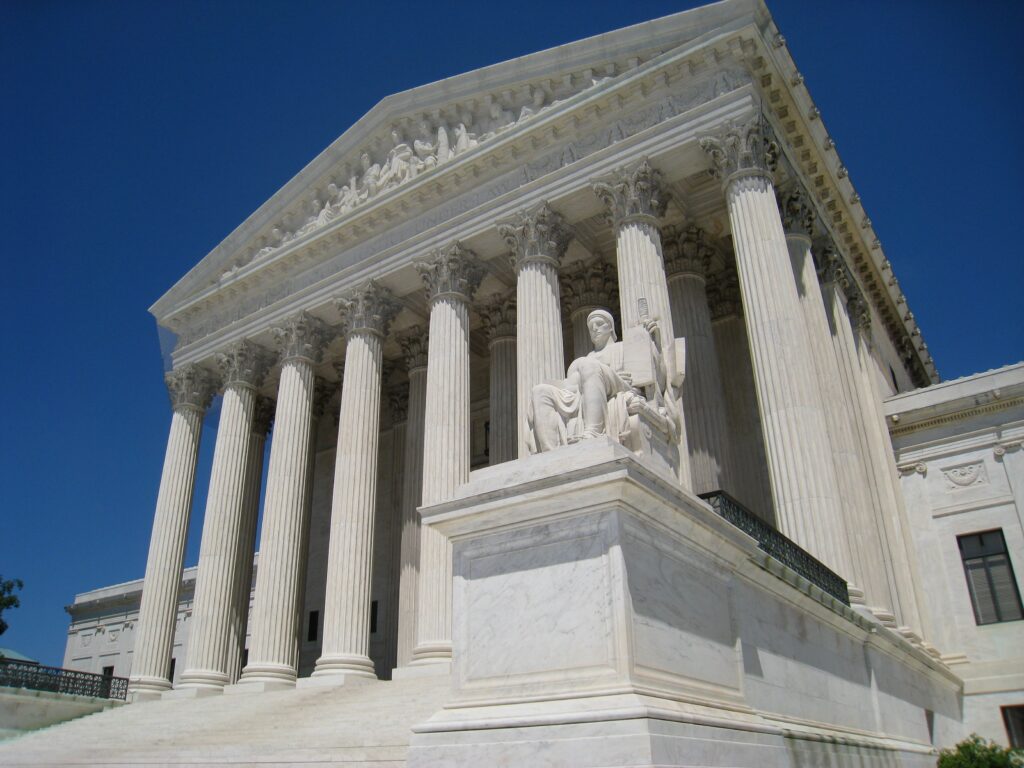Faith behind bars: Supreme Court urged to protect prisoners’ religious freedom Becket defends former inmate’s quest for justice after abuse by Louisiana officials
Media Contact
Ryan Colby 202-349-7219 [email protected]
Additional Information

WASHINGTON – The Becket Fund for Religious Liberty filed a friend-of-the-court brief at the Supreme Court today in support of Damon Landor, a devout Rastafarian whose dreadlocks—a crucial symbol of his faith—were forcibly shaved by Louisiana prison officials. In Landor v. Louisiana Department of Corrections and Public Safety, lower courts ruled that even though they “emphatically condemned” the prison officials’ illegal treatment of Landor, he still could not seek damages under the Religious Land Use and Institutionalized Persons Act (RLUIPA) against those officials. Becket’s brief argues that allowing prisoners to recover damages under RLUIPA is essential to holding government officials accountable when they abuse their power to target religious believers.
Damon Landor, a devout Rastafarian, honored his vow for nearly twenty years by growing dreadlocks, a profound and living symbol of his unyielding devotion to God. Prison staff initially respected his rights, allowing him to keep his hair or cover it with a rastacap. But just weeks before Damon’s release, he was transferred to Raymond Laborde Correctional Center. At intake, he explained his beliefs, presented proof of past accommodations, and even showed guards a federal appeals court ruling protecting Rastafarian inmates. The ruling was thrown in the trash, the warden demanded documentation from Damon’s sentencing judge to corroborate his religious beliefs, and when Damon offered to call his lawyer, he was told it was “[t]oo late for that.” The guards handcuffed him to a chair and shaved his head bald.
“Handcuffing a man to a chair and shaving off a core symbol of his faith is a heinous example of how easily rights are trampled behind bars,” said Daniel Chen, counsel at Becket. “Prison officials cannot carry out that kind of abuse and face zero consequences.”
After his release, Damon sued the warden, the state corrections secretary, and the guards who abused him. A federal district court dismissed his claims, and a divided U.S. Court of Appeals for the Fifth Circuit upheld the decision. The majority of Fifth Circuit judges declined to rehear the case—even while condemning the abuse as “stark and egregious.” Several dissenting Fifth Circuit judges urged the Supreme Court to step in. Becket’s brief explains that, just as the Court has held under the Religious Freedom Restoration Act (RFRA), damages under RLUIPA are necessary to make religious freedom protections real. Without them, short sentences, frequent transfers, and prisoner releases erase every other path to justice.
“Prisoners surrender many rights at the jailhouse door, but they do not surrender their conscience. The government doesn’t get to silence faith just because it holds the keys,” said Chen. “The Court should give RLUIPA real teeth and allow prisoners to hold state officials accountable when their rights are dismissed, denied, or steamrolled by those in power.”
Oral argument in the case will take place on November 10.